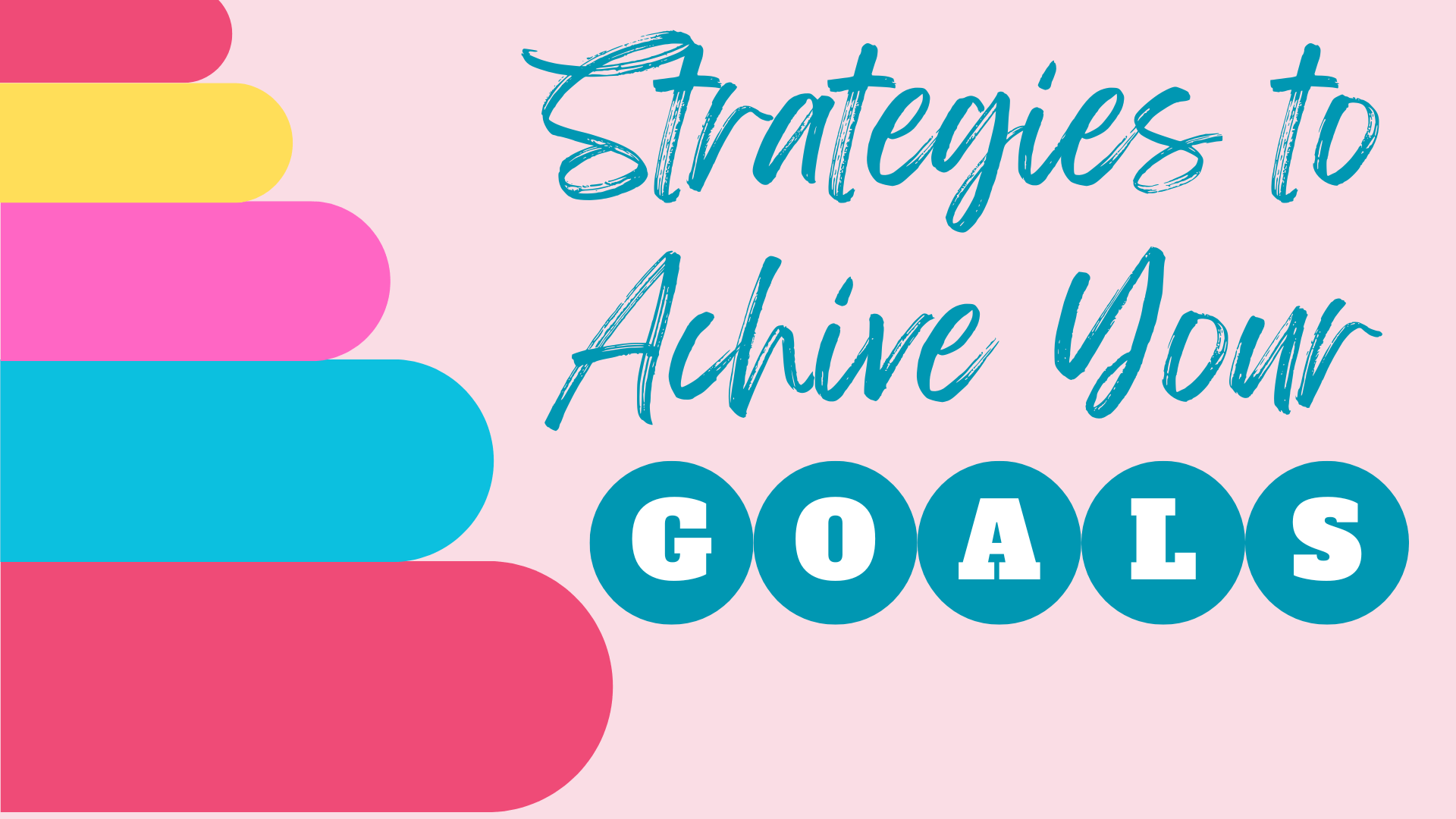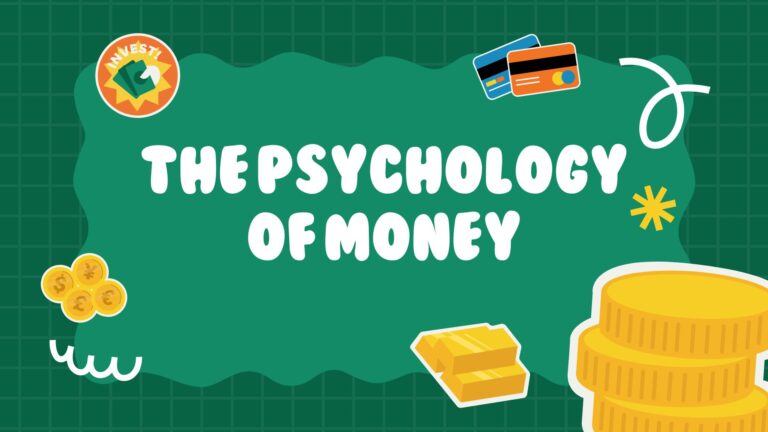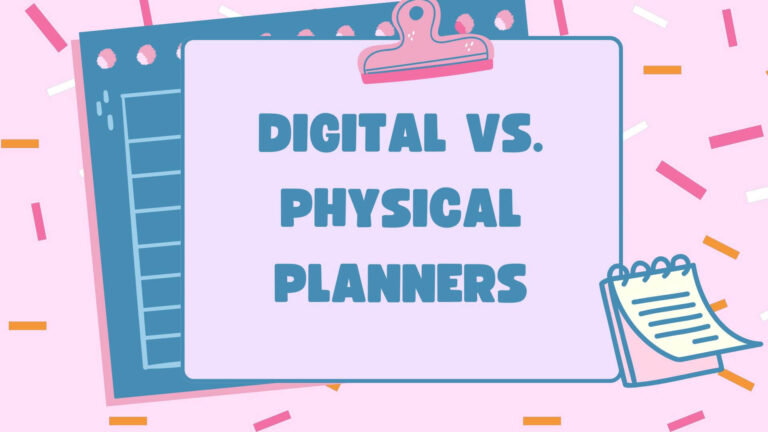7 Evidence-Based Strategies to Actually Achieve Your Goals

Have you ever set a goal for yourself, only to give up on it soon after?
Setting goals is easy but actually achieving them can be really, really hard.
One study found that two-thirds of people give up on their New Year’s resolutions within just one month. We often end up setting the same goals year after year.
We want to change but change is a constant journey of striving to create the life you want. It’s not meant to be easy… but it’s going to be worth it.
Let’s work on breaking that cycle.
The 7 Strategies That Changed Everything
I hope these can help you achieve your own goals too.
1. Be Specific and Realistic

Rather than setting a broad, ambiguous goal like “learning a language,” try something more specific:
“I want to achieve B2 level in French by the end of the year.”
The second part is equally important — be realistic given your current circumstances.
I made this mistake with my HSK 5 goal last year. With exams, a new job, and YouTube videos, it was wishful thinking to believe I could learn 1,300 new Chinese characters and use them fluently in speaking and listening.
Lesson: Ambition is great, but pair it with pragmatism.
For more on this, Brian Tracy’s book Goals goes deep into how to make goals crystal clear.
2. Sprint Breakdown & Goal Tracking

Once you’ve decided on your goal, create a plan and track your progress.
Two steps:
- Break it into smaller, manageable chunks
- Create a timeline for each step
Example:
If your goal is to run a marathon, start with:
- 5K
- 10K
- Gradually increase distance until you can complete a marathon
Tools you can use:
- Journal or planner
- Notion
- Excel spreadsheet
Personally, I use a combination of my bullet journal, Notion setup, and Excel sheets.
3. Don’t Fail With Abandon

We are imperfect. We will fall short sometimes.
Last year, I’d often think:
“It’s already 9 p.m. I planned 2 hours of Chinese study, but I only have 45 minutes left. I may as well give up.”
This thinking is unhelpful. Those 45 minutes still matter.
Instead of giving up completely:
- Accept the smaller win
- Make the most of the time you do have
Setbacks are normal. They mean you’re striving and pushing yourself.
4. Use Visualization to Combat “Delayed Discounting”

Our brains are wired for short-term gratification. Long-term goals often feel less rewarding — a phenomenon called delayed discounting.
Example:
A study by Emily Balcetis found that showing people an aged photo of themselves (30–40 years older) made them more motivated to save money than simply asking them to think about the future.
Why?
Seeing a vivid image of your future self creates an emotional connection, boosting motivation.
Tools to try:
- Instagram aging filters
- FaceApp
- Similar apps on the App Store
5. Write It Down

Dr. Gail Matthews’ study on goal pursuit showed:
- People who wrote down their goals were far more likely to achieve them
- Satisfaction was 64% vs. 43% compared to those who didn’t write them down
In my bullet journal, I dedicate entire pages to each main goal.
The best results came from writing goals + making action commitments + having an accountability buddy + weekly check-ins. This group rated themselves 76% satisfied with their success.
6. Accountability & Community

Find an accountability buddy:
- Close friend
- Family member
- Partner
- Even an online stranger
At the start of my YouTube journey, I met two friends who kept me consistent. For Chinese learning, my sister was my accountability partner.
Surrounding yourself with people who encourage you is a game-changer.
7. Visual Sparseness
Department stores overload your senses to distract you. The same thing can happen with your workspace — clutter adds cognitive friction.
Before you start working on your goal:
- Spend 5 minutes clearing your space
- Create a calm, distraction-free environment
A clear space supports a clear mind.
Final Thoughts
These seven strategies can help you stay consistent and motivated:
- Be specific and realistic
- Break goals into sprints and track progress
- Avoid the “fail with abandon” mindset
- Visualize your future self
- Write goals down
- Get accountability
- Reduce visual clutter
What goals are you working on right now, and which of these strategies will you try?







